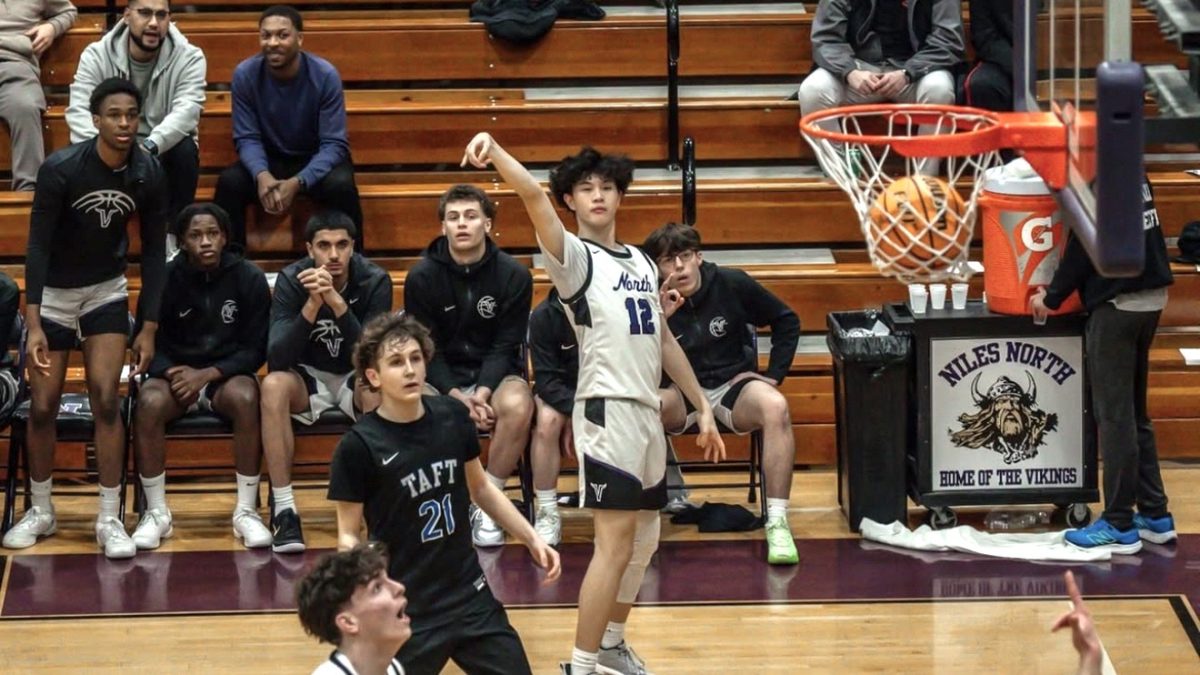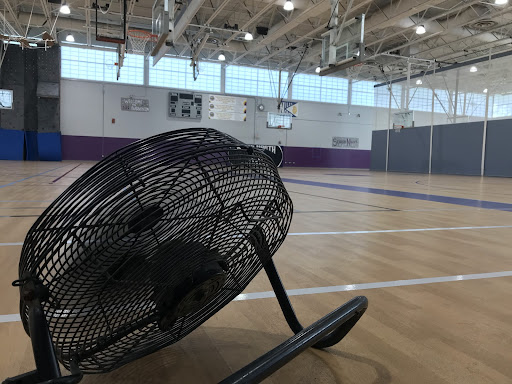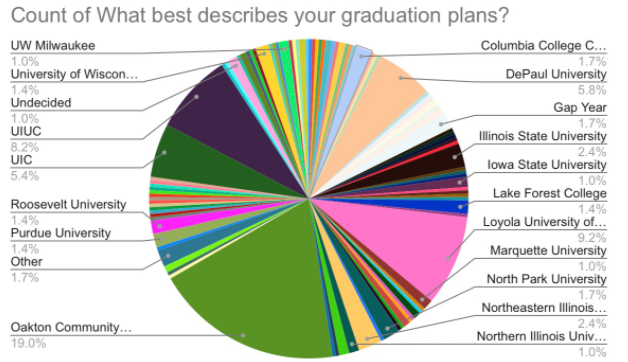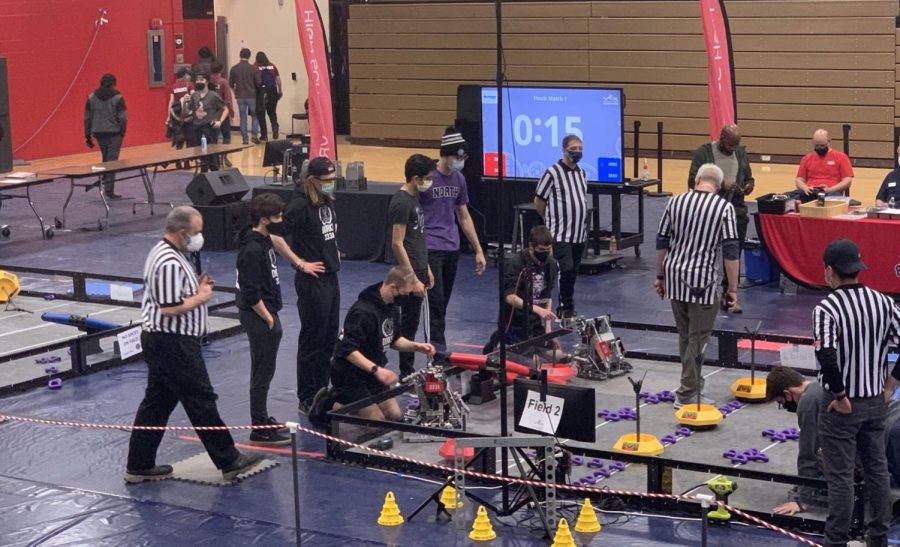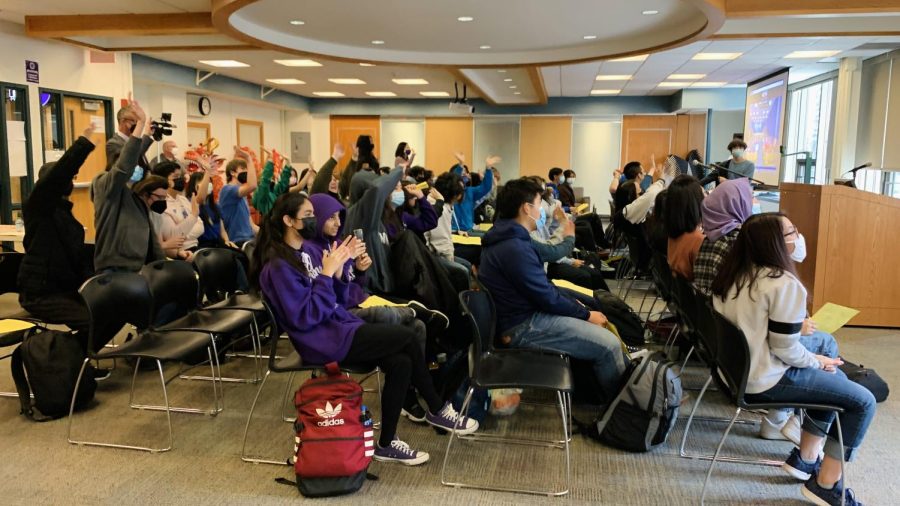The District 219 Board of Education took action on the proposed curriculum changes outlined in their Annual Review of Programs (ARP) at their Dec. 12 meeting.
Two of the more controversial topics among parents and students alike that were discussed at great length at a town hall meeting at Niles North on Nov. 3 were the reformatting of theater classes and the proposed elimination of honors level English and history classes at the junior level.
The administration recommended to the Fine Arts Department in the ARP that the theater curriculum be re-examined in order to involve more students in the program. The recommendation, made by the director of fine arts and both of the theater teachers at North and West, to the administration was that Theater Workshop count for the proposed theater/debate graduation requirement and to attach another semester-long course, Acting, to Theater Workshop in order to make it a full year in length and offer a more complete introduction to the art of theater.
After completing Acting a student could enter Advanced Theater Studio (ATS), which students could repeat continuously as they can now, but the class would cover a broader range of topics in theater design, technology and different genres of acting. As a result, the current class Stagecraft, which is devoted to the more technical aspects of theater, would be eliminated and its content would be integrated into ATS.
Finally, students wishing to pursue a career in theater would be allowed to take Directing and Play Production (after completing two semesters of ATS and with a recommendation from their instructor). These two AP-level courses would be offered in alternating years for one semester each.
Despite protest from fine arts parents and students at the Nov. 3 town hall meeting discussing these changes, the Board moved to accept the proposal at its Dec. 12 meeting. The newly formatted class will be offered starting next school year.
As a student who has taken theater classes since freshman year, junior Athanasia Giannetos is saddened by the new structure of the curriculum. “The students who most often enroll in theater classes are those who are passionate about the arts, which creates a powerful environment where students are not afraid to explore the unknown,” Giannetos said. “If classes were to expand, such as the proposal states, they would contain under-prepared students that would hinder the growth of those who wish to develop as artists.” Giannetos was also concerned that integrating content from the Stagecraft class into ATS would not allow enough time to cover all topics that the classes currently encompass separately.
The Board did, however, bend to public opinion and tabled the proposal to eliminate honors English and history classes at the junior level until it could be further reviewed in the 2013-2014 ARP.
Senior Warren D’Souza said that he is happy that this decision was postponed, noting that “a change of this breadth could not be completed in a year.” D’Souza, a former student of both classes in question, believes that the Board is “missing touch” with the mentality of honors students. D’Souza points out that many of these students must decide whether they want to challenge themselves in AP courses and argues that it’s unfair to place this burden on a sophomore or junior student when the only alternative to AP is a regular level class. “If they decide on a regular course and realize it is far too easy, transitioning to AP is nearly impossible. If they decide on AP, dropping to regular due to a difficult course is simply demoralizing.”
D’Souza, like many other parents and students who spoke at the Nov. 3 meeting, believes that honors classes have historically been a good fit for those students who fall in between AP and regular courses. Many people have also expressed that honors courses prepare students for a college-ready track and eliminating those classes may decrease the number of students that meet college-ready criteria.
Additional changes being implemented include a new public speaking graduation requirement starting with the class of 2016, and opening consumer education to sophomores in addition to upperclassmen. The actions taken at this meeting conclude the review of programs for this year, though the Board may discuss issues from this review in future annual reviews.









